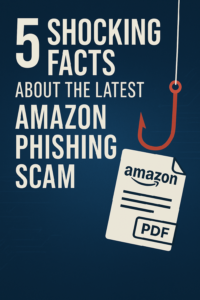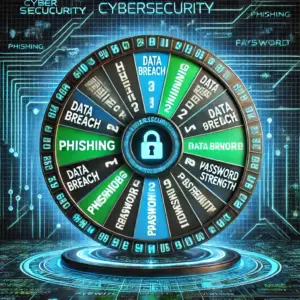Shocking Facts About the Latest Amazon Phishing Scam
In the ever-evolving landscape of cyber threats, one term continues to dominate headlines: Amazon phishing scam. This deceptive tactic preys on consumer trust in one of the world’s most recognizable brands. Cybercriminals capitalize on Amazon’s vast user base to deploy increasingly sophisticated tactics, making it essential for users to stay vigilant.







